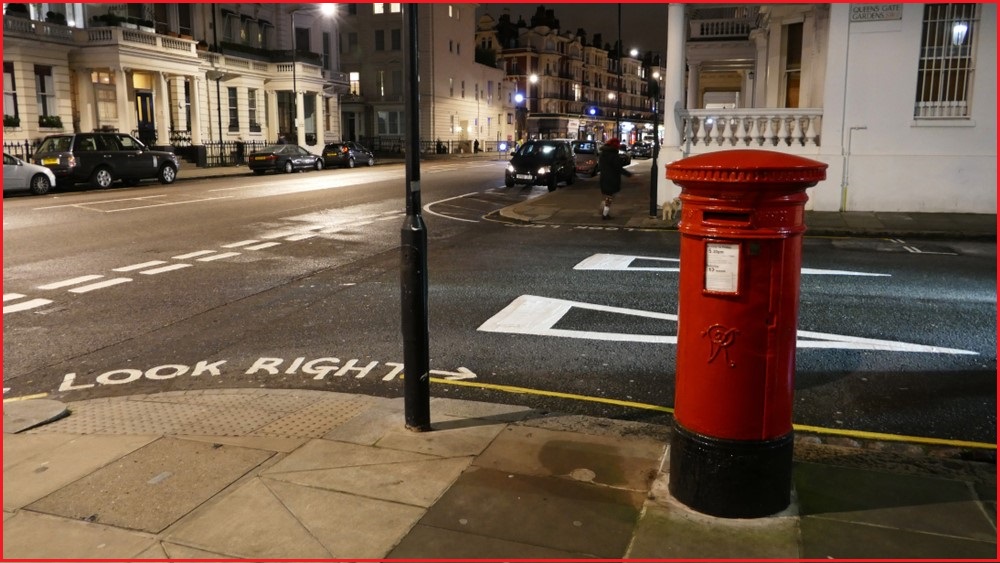Witness statements used to prosecute hundreds of Post Office Limited (POL) subpostmasters were edited to remove details of known faults in the Fujitsu-built Horizon system, supporting POL blame-shifting in what a senior executive has called a “shameful” miscarriage of justice.
Having built the Horizon system as a core system to manage the day-to-day administration of POL’s network of over 18,000 branches – including thousands of affiliated operations run by contracted subpostmasters – Paul Patterson, European head of Fujitsu, agreed during testimony to the Post Office Horizon IT Inquiry that details of the process by which the system was developed were of core importance to subsequent prosecutions.
That meant that Fujitsu knew it was obligated to ensure that the data it supplied as evidence during POL’s prosecutions was accurate and complete, Patterson said while admitting that the data had not been either of those things.
“On a personal level, I’m surprised that the detail was not included in the witness statements given by Fujitsu staff to the Post Office,” Patterson said, “and I’ve seen some evidence of editing of witness statements by others.”
Known discrepancies between Horizon’s message store, and the data provided by its ARQ auditing mechanism, had created the perception that subpostmasters were embezzling POL funds – and without a formalised statement on the way that information was to be provided to support POL prosecutions, Fujitsu witness statements were drafted to support that argument.
Subpostmasters are self-employed business operators who run post office branches in the UK.
Email trails presented at evidence suggested that technical and customer support managers had discussed the witness statements, with one senior manager circulating and revising a pro forma witness statement to staff that had been changed to downplay the significance, or even the presence, of such faults.
Evidence suggested that team member Penny Thomas had removed what was termed “a definitive statement about system integrity” from her statement, while Gareth Jenkins was noted to have been “expressing concerns about a paragraph that says that the computer system was operating properly”.
In some cases, Post Office Limited was directly influencing the content of the Fujitsu witness statements – as in an email from POL case manager Graham Ward, who wrote to “sound out the possibility of someone at Fujitsu providing a formal witness statement” similar to a statement previously provided in another criminal case.
“Given the allegations being made by the postmasters,” Ward wrote, “I’m sure you’ll agree that it is very much in both ourselves and Fujitsu’s interests to challenge the allegations and provide evidence that the system is not to blame for the losses being reported…. Whilst it may not be a statement that you can provide, I’m sure there must be someone who can.”
Redirecting the finger of blame
Official policy documents that state witness statements, evidence presented at the inquiry suggests, are supposed to include “any material or otherwise pertinent information” and “be undertaken by the person responsible for the actioning of the work so as to retain continuity of the evidence”.
However, witness statements were ultimately sanitised of details about the “whack a mole” process for debugging faults in Horizon, which had frustrated software developers who were concerned that major changes to the system, including the rewriting of its audit processes, could create other problems.
This included addressing a problem identified with end-of-day reconciliation routines, which locked the system’s internal message store for 30 seconds so it could complete its operation.
During that time, attempts by a companion balancing routine to write transactions to the system would result in the transactions being rejected and discarded, with ARQ none the wiser.
This caused the system to report potential discrepancies for which subpostmasters were financially responsible, but with poor or no error handling built into the system – and the system failing to increment transaction sequence numbers that could have revealed the problem during audits – the incorrect data was presented as fact and subpostmasters had no way to know that there was ever an issue.
“This [compromises] the credibility of the message sequence number check used to prove the integrity of the data provided to the POL under the ARQ service,” an internal memo is quoted as saying, with Peter Sewell, former project manager and operations team manager within Fujitsu’s Post Office Account Security Team, admitting that the lack of process integrity was “a significant potential issue”.
And while he denied being involved with preparation of the witness statements – Sewell said he “relied on the technical people to put those words in” – he could offer little clarity about how details of 29 Horizon system bugs, known as early as 1999 but ignored given what internal memos called “the relative rarity of the problem”, were deemphasised or removed from Fujitsu witness statements.
This, despite Fujitsu knowing “several times that evidence that had been presented needed to be corrected,” Patterson said – highlighting an overall lack of integrity throughout the process that Patterson called “appalling”.
“My understanding of how our laws work in this country,” he explained, “is that all of the evidence should have been put in front of the subpostmaster that the Post Office was relying on to prosecute them.”
“ARQ data alone is not enough. There is a range of information that the subpostmasters should have been presented with.”










